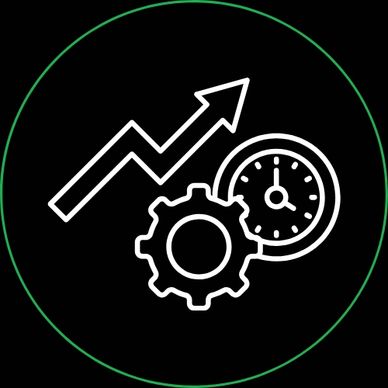Data strategy
Data strategy
Data strategy

Before exploring any data, it is important to have a data strategy. this can be as simple as identifying the formal and informal data sets within your organisation and establishing a timeline for data collection, analysis and action, through to a more detailed and formal cycle with key performance indicators and measures. Data security measures are also paramount and go beyond the storage of data, including how data is discussed and shared.
The range of data sets in schools is endless, and it is important to know and understand what available, such as:
- standardised testing (external) such as NAPLAN and VCE.
- learning progress and academic achievement (internal)
- wellbeing - attendance, student behaviour,
- community feedback - surveys and focus groups.
- staff and student satisfaction
- marketing / social media analytics
Schools can also explore more detailed data sets when looking at demographics, conversion rates from enquiries to enrolments, trends and patterns in curriculum achievement and so on. With so many possibilities, it is vital that the organisation has a strategic approach to ensure efficiency and effectiveness in the use of data is maximised.
Data Literacy
Data strategy
Data strategy

Data literacy is crucial for the effective use of data both within teams and across organisations.
Data literacy includes the skills, knowledge and, importantly, the dispositions that are required to effectively access, interpret and apply data-informed decisions.
Indicators of sound data literacy include:
- ability to extract and format data using tools such as excel or google sheets
- understanding of how to triangulate data to ensure appropriate interpretation.
- identification of limitations and anomalies in data sets
- generation of effective data collection surveys to ensure valuable insights and comparative data is generated.
- ability to access the right types and combinations of data for the intended purpose.
- distinguish between qualitative and quantitative sets of data and the value of each.
- summarise and communicate findings clearly, accurately and ethically.
Data Analysis
Data strategy
Data Analysis

Whether you are working with qualitative or quantitative data, the ability to analyse the data sets is fundamental to their value. In most instances, data analysis at the teacher / staff level is quite straightforward, looking for trends, averages or medians, and percentiles and percentages.
JHAMeducation can help individuals work with small data sets in both the collection and analysis process, as well as large data analysis projects such as unpacking NAPLAN, VCE (or equivalent) data, school improvement data, student and staff satisfaction survey data, and even marketing and social media analytics.
Good data analysis requires asking the right questions before and after collecting data. Here are some examples of essential data collection and analysis questions:
- What do we need to know?
- What are our priorities and what data will inform this?
- What timeframe should the data cover?
- What is the current context or environment?
- What variables might influence the data?
- Who will this data be shared with, and how?
- What existing data can / will this data be compared to?
Copyright © 2025 jhameducation.com.au - All Rights Reserved.
.png/:/rs=h:200,cg:true,m/qt=q:100/ll)
.png/:/rs=h:104,cg:true,m/qt=q:100/ll)